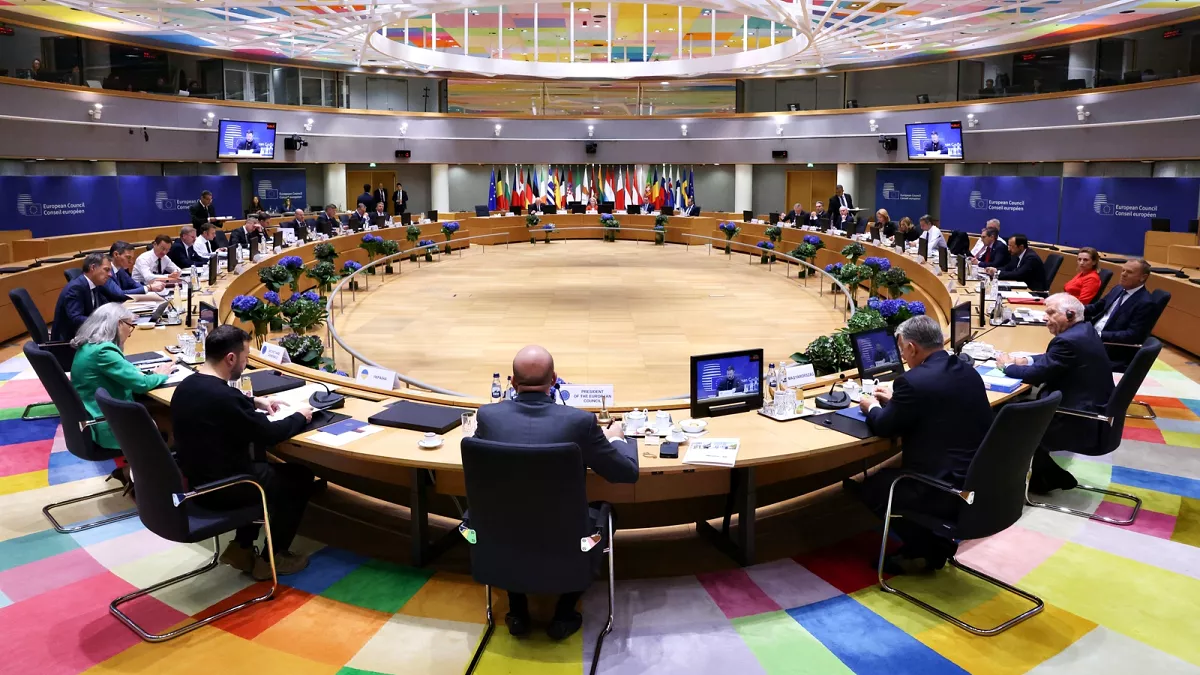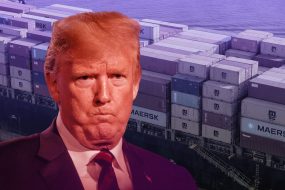
The recent EU summit in Brussels on October 17, 2024. It has placed migration at the forefront of discussions among European leaders. As irregular migration continues to be a contentious issue, the summit aimed to address various strategies and policies. To manage the influx of migrants while responding to the growing influence of far-right political parties across the continent.
Key Agenda Items
Migration Policies
Migration was highlighted as a “major point of discussion” by Charles Michel, President of the European Council. The summit focused on concrete measures to prevent irregular migration, including:
- Strengthened Control of External Borders: Leaders discussed enhancing border security to deter unauthorized crossings.
- Reinforced Return Policies: There was a significant emphasis on improving the efficiency of deportations for those whose asylum applications have been denied.
- Partnerships with Non-EU Countries: The summit explored potential collaborations with countries outside the EU to manage migration flows more effectively.
Current Migration Trends

(AA Photo)
Interestingly, irregular border crossings into the EU have decreased by over 40% in 2024 compared to the previous year, which saw a peak in migration levels not seen in nearly a decade. This decline has been attributed to various factors, including stricter border controls and international agreements.
Controversial Proposals
Offshore Processing Centers
One of the more contentious proposals discussed was the establishment of “return hubs” outside EU territory. This idea involves transferring migrants whose asylum claims have been denied to these external centres, where they await deportation. While some member states support this approach, others, including Spain, have expressed strong opposition, citing concerns over human rights and the potential for indefinite detention.
Calls for Asylum Suspension

Poland’s Prime Minister Donald Tusk proposed a temporary suspension of the right to asylum, arguing that it is necessary to regain control over migration, particularly in light of pressures from Belarus. This suggestion has raised alarms among human rights advocates, who warn that such measures could violate EU and international law.
Political Climate
The summit comes amid a backdrop of rising far-right sentiment in Europe, with parties advocating for stricter immigration policies gaining traction in several countries, including the Netherlands, Germany, and Austria. Leaders like Dutch Prime Minister Dick Schoof and Danish Prime Minister Mette Frederiksen have voiced concerns about public sentiment towards migrants, emphasizing the need for more stringent measures.
Broader Discussions
In addition to migration, the summit also addressed other pressing issues, including:
- Support for Ukraine: Ukrainian President Volodymyr Zelenskyy attended the summit to discuss ongoing support for Ukraine amid the ongoing conflict with Russia.
- Middle Eastern Conflicts: The situation in the Middle East was also on the agenda, reflecting the EU’s broader geopolitical concerns.
Conclusion
The EU summit has underscored the urgency of addressing migration issues within the bloc, as leaders grapple with balancing humanitarian responsibilities and domestic political pressures. As discussions continue, the outcomes of this summit could significantly shape the future of EU migration policy.
Read more on Lifetips.blog














